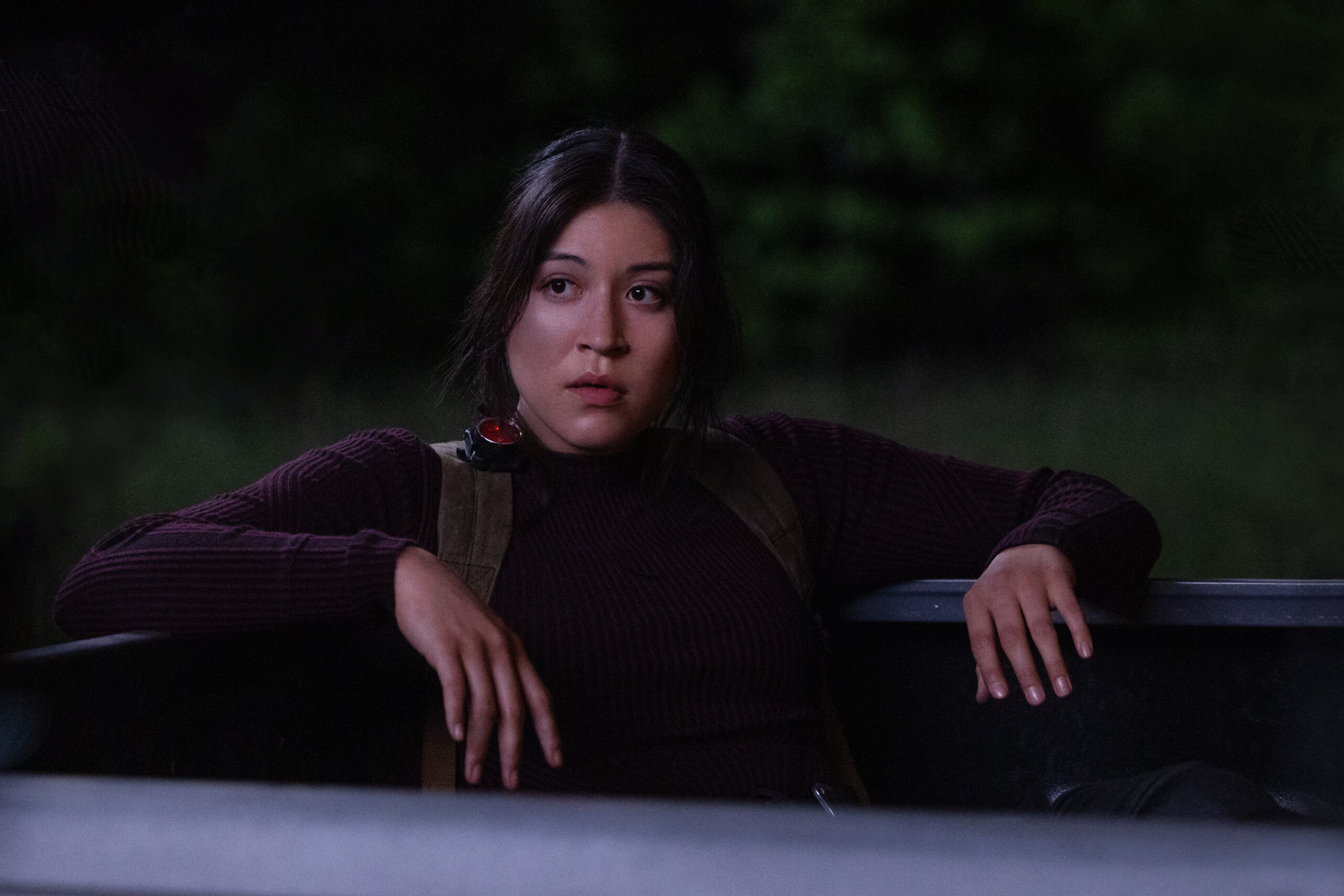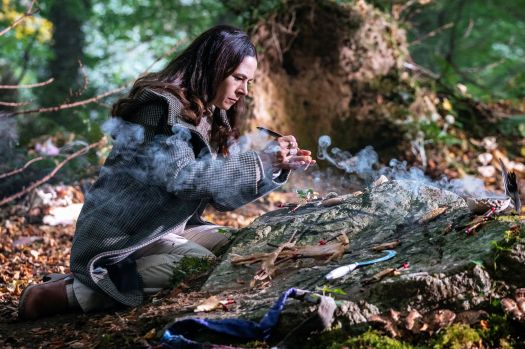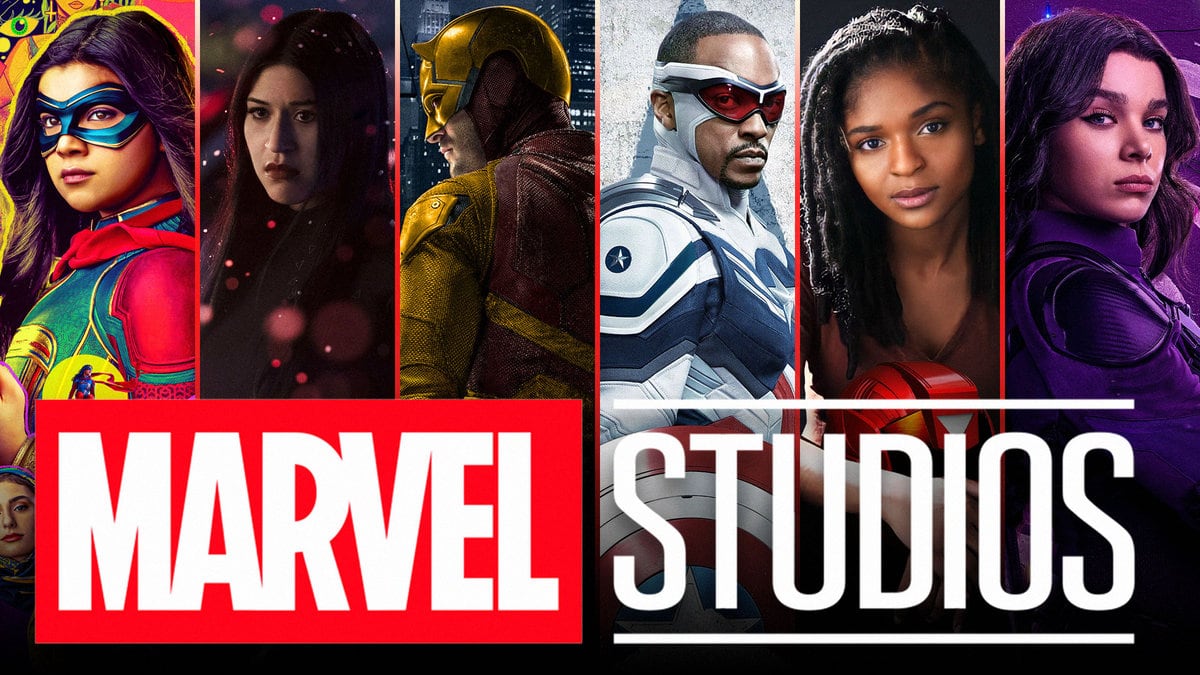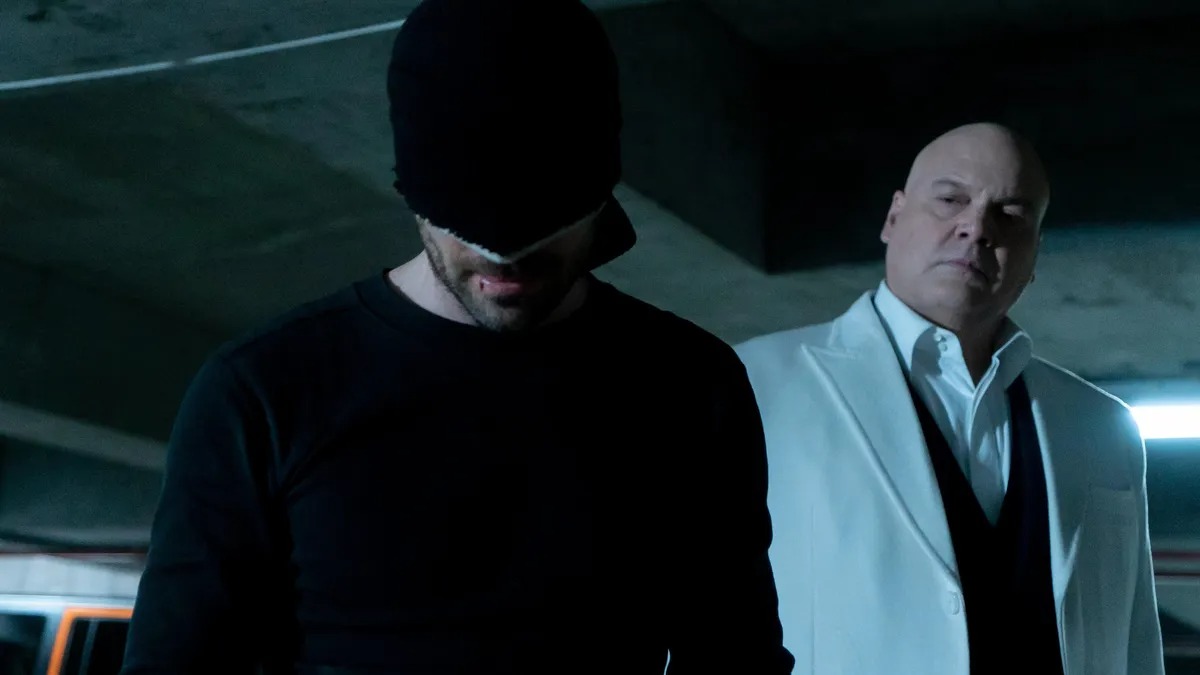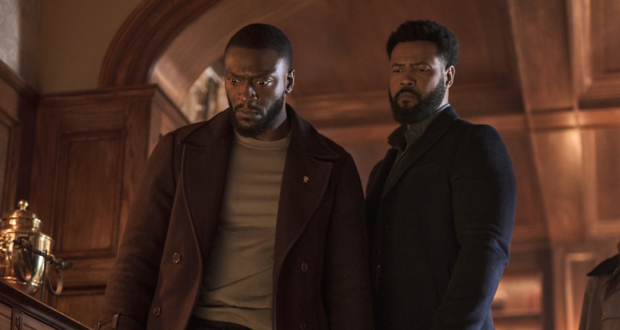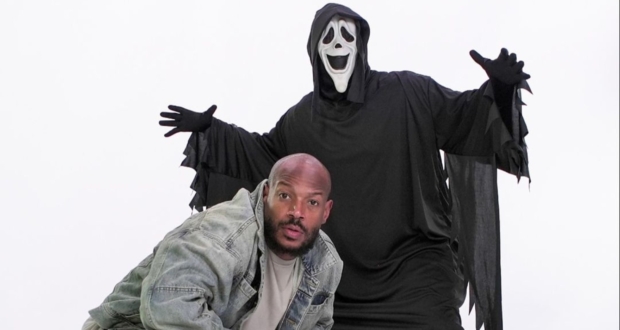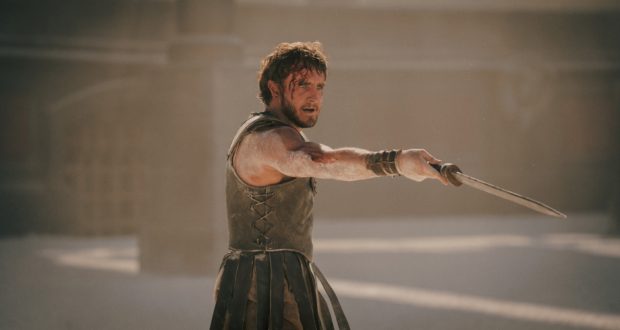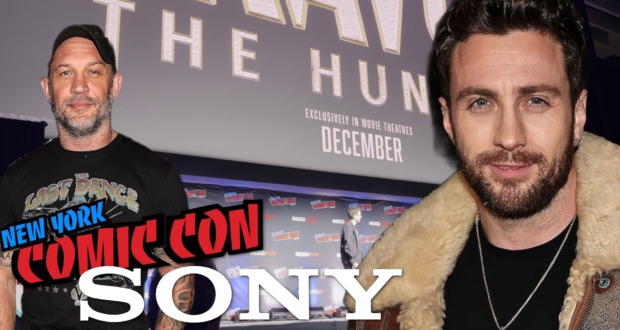Marvel Studios has been synonymous with blockbuster superhero films that seamlessly blend action, humor, and compelling narratives. However, with the introduction of “Echo,” a new tone is making its mark on the Marvel Cinematic Universe (MCU). In a recent press conference, Brad Winderbaum, a key figure at Marvel Studios, provided insights into what sets “Echo” apart and how it fits into the broader vision for the future of the MCU.
Echo Trailer:
Marvel’s Magic: Letting Characters Lead
Brad Winderbaum, a producer known for his work on various Marvel projects, including “Loki” and “The Falcon and the Winter Soldier,” shared his thoughts on the unique qualities that define “Echo” during the press conference. He emphasized that Marvel is at its best when storytellers allow the character to lead the journey. “Echo” stands as a testament to this philosophy, offering a character-driven narrative that explores new corners of the MCU.
TV-MA for a Reason: Natural Evolution of Storytelling
One notable aspect of “Echo” is that it marks Marvel’s first TV-MA show. However, as Winderbaum explains, this rating wasn’t a predetermined goal. Instead, it naturally emerged from the character of Maya Lopez, played by Alaqua Cox. Maya Lopez, also known as Echo, is a character with a violent past, grappling with trauma and difficult decisions. The TV-MA rating, rather than being a deliberate choice, was a result of allowing the character’s story to guide the tone of the series.
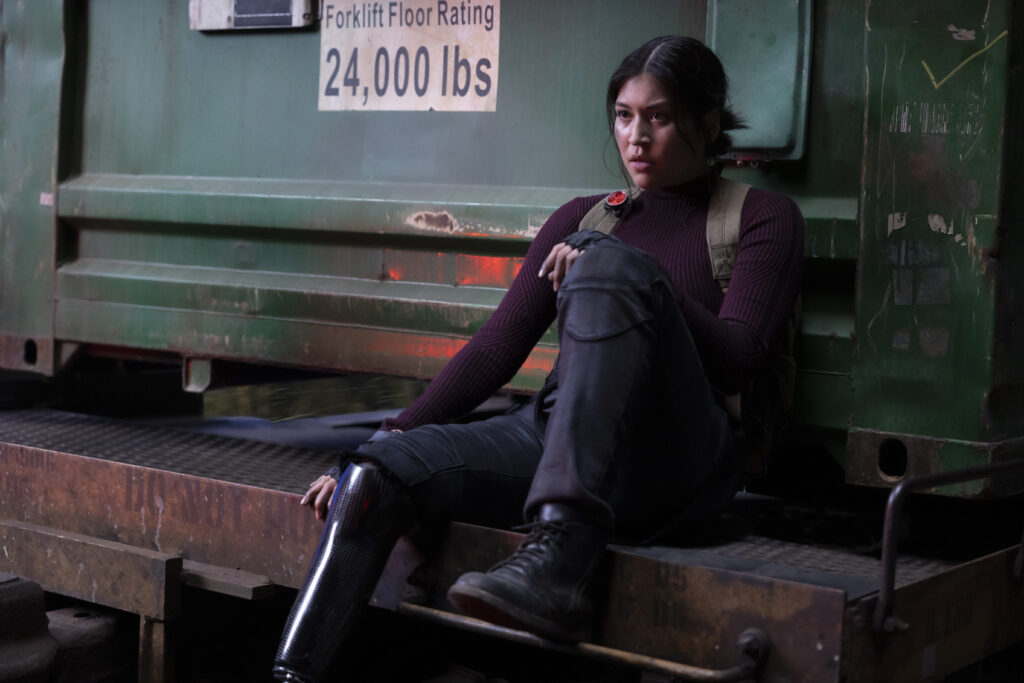
Alaqua Cox as Maya Lopez in Marvel Studios’ Echo, exclusively on Disney+. Photo by Chuck Zlotnick. ©Marvel Studios 2022. All Rights Reserved.
Winderbaum describes “Echo” as a more adult show, but he stresses that the primary objective was to make a Maya Lopez show. The character’s background, struggles, and growth became the driving force behind the tone and style of the series. This character-focused approach is a departure from the conventional superhero narrative, signaling a shift towards more nuanced storytelling within the MCU.
The Future of Marvel: Charting New Territories
During the press conference, Winderbaum reflected on the significance of Maya Lopez’s character. He expressed how Maya allowed the audience to see a corner of the MCU that hadn’t been explored before. This, he believes, represents the future of Marvel—telling unexpected stories that operate on the fringe of what audiences have seen before. It’s about bringing unique personalities to the forefront and exploring uncharted territories within the vast Marvel universe.
“Echo” is not just a superhero series; it’s a journey into the depths of Maya Lopez’s experiences, portrayed authentically by Alaqua Cox. Winderbaum’s comments highlight the importance of character-driven narratives and the power of allowing characters to dictate the tone of the story. In doing so, Marvel Studios aims to offer something new and unexpected to its audience, keeping the storytelling fresh and exciting.
Authenticity Matters: Embracing Diversity and Culture
The series also stands out for its commitment to authenticity, especially in its portrayal of indigenous cultures. Sydney Freeland, the director of “Echo,” emphasized the importance of engaging with the Choctaw Nation to accurately depict Choctaw language, culture, and experiences. This commitment to authenticity extends to the casting of indigenous actors, with Devery Jacobs and Chaske Spencer also playing significant roles in the series.

Alaqua Cox as Maya Lopez in Marvel Studios’ Echo, exclusively on Disney+. Photo by Chuck Zlotnick. ©Marvel Studios 2023. All Rights Reserved.
As Marvel Studios expands its storytelling horizons, “Echo” emerges as a pioneer in exploring diverse narratives and pushing the boundaries of what superhero storytelling can be. Winderbaum’s vision for the future of the MCU involves telling unexpected stories, focusing on characters, and venturing into unexplored corners of the Marvel universe. “Echo” serves as a testament to this vision, offering a glimpse into a new era for Marvel Studios—one that embraces complexity, authenticity, and character-driven narratives.
In conclusion, “Echo” represents more than just a new Marvel series; it symbolizes a shift in tone and storytelling philosophy for Marvel Studios. Brad Winderbaum’s insights into the making of “Echo” provide a glimpse into the future of the MCU—a future that promises fresh perspectives, unexpected narratives, and a continued commitment to authentic storytelling.
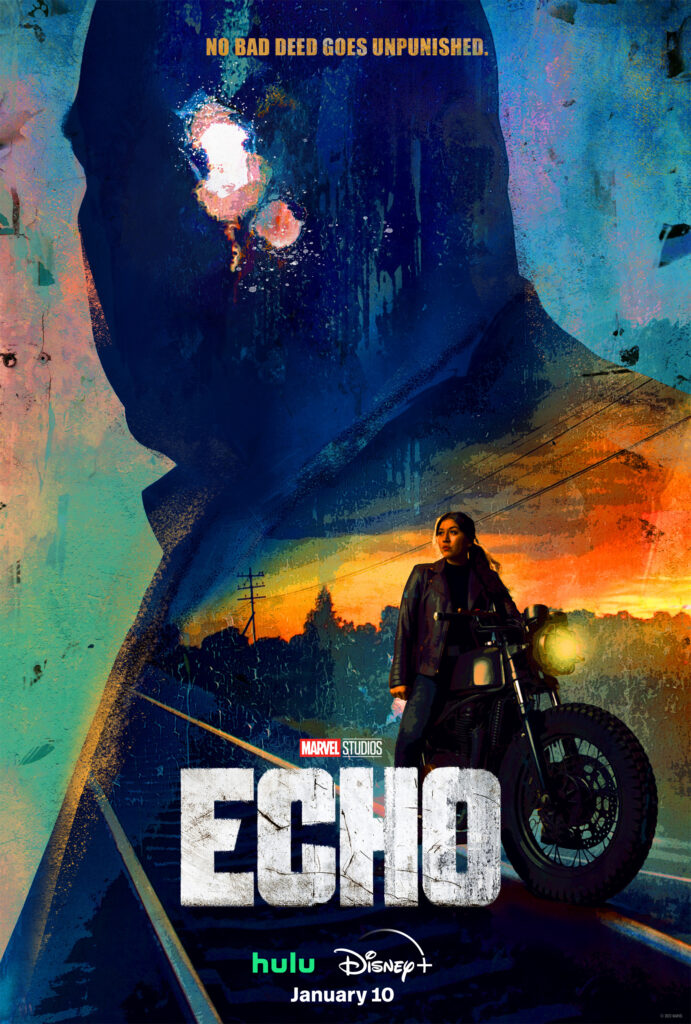
ECHO, releasing on Disney+ & Hulu. © 2023 MARVEL.
